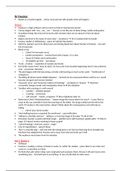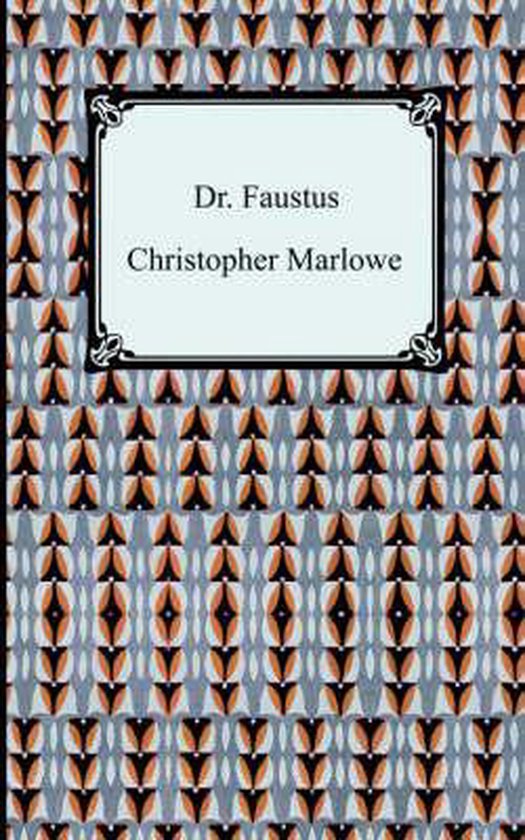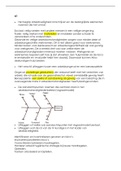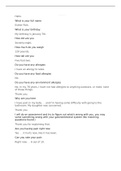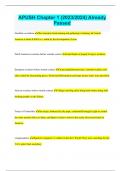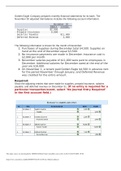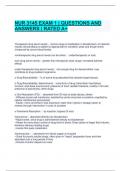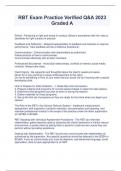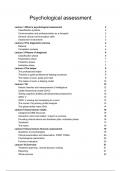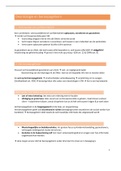Study guide
Dr Faustus Full Text Analysis and Quotes
A full analysis (46 pages long) of Dr Faustus including quotations, analysis and context. These notes fully prepared me for the exam and I received great grades - I was awarded the English prize and am now studying English at University College London. Every scene is covered in great detail which w...
[Show more]
